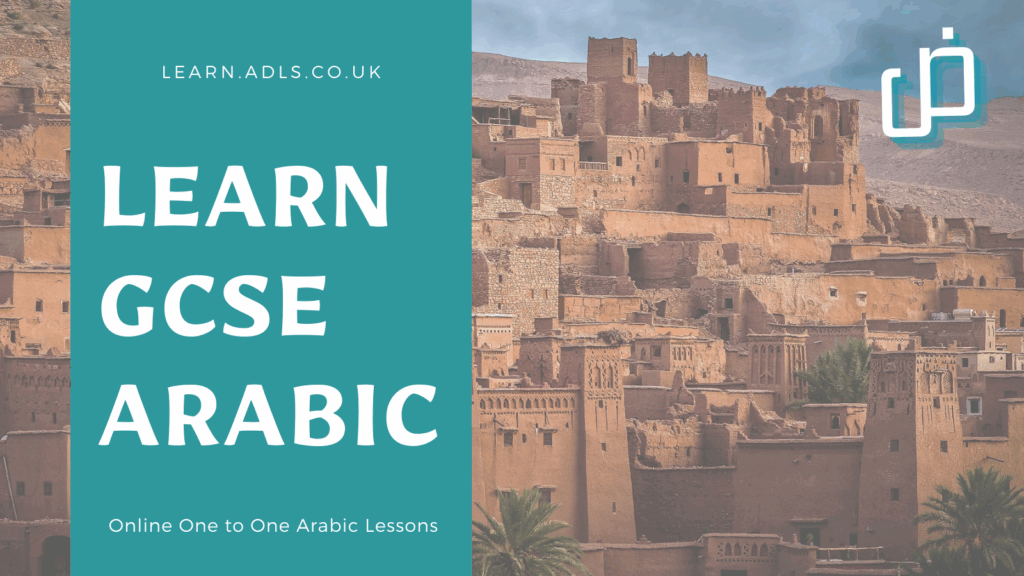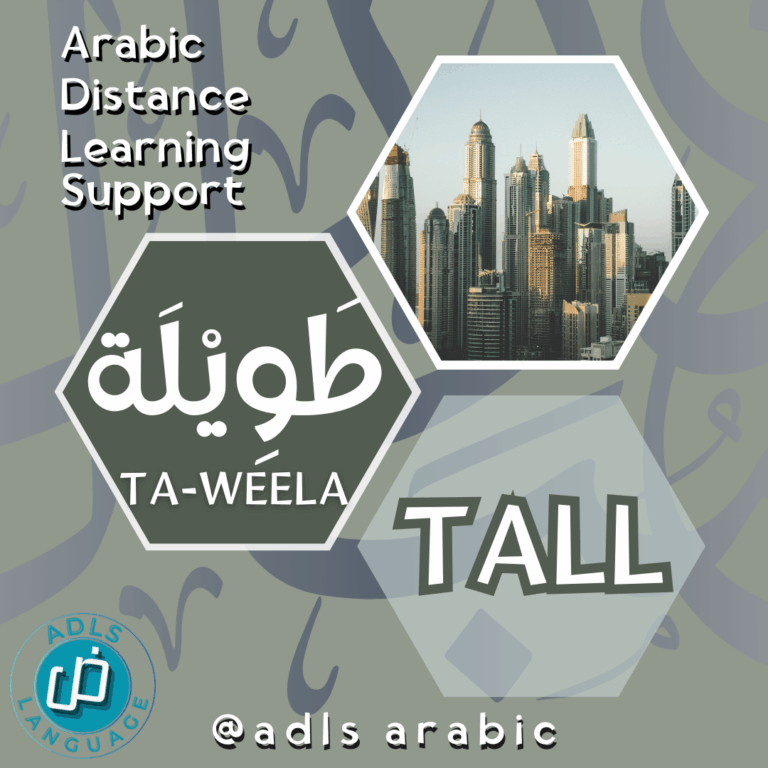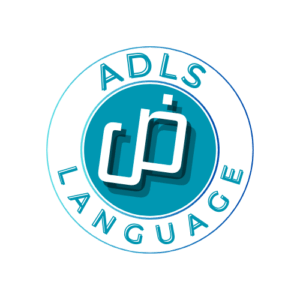Why Learn Arabic
Why Learn Arabic?
How to Start Learning Arabic: A Beginner’s Guide
Why Learn Arabic?
So why learn Arabic? Arabic is spoken by over 400 million people across more than 20 countries. It’s the official language of the Middle East and North Africa, a key language of the Qur’an, and vital to understanding regional politics, history, and culture. In an increasingly globalised world, learning Arabic opens doors to diplomacy, journalism, translation, international business, and humanitarian work. It is also studied by large numbers of converts/reverts/new adherents to Islam.
For students, learning Arabic builds cognitive flexibility, expands cultural horizons, and can provide a unique edge in future careers. It’s also one of the few non-European languages offered at GCSE and A-level, making it highly respected among UK universities and employers.
Arabic and Its Importance in Understanding the Middle East
Arabic is deeply tied to religion (Islam) and politics in the Middle East. Many political terms, religious concepts, and historical narratives are rooted in Arabic. Knowing the language gives you deeper access to local news, primary sources, and a more balanced understanding of the region beyond Western media perspectives.
What You Need to Learn as a Beginner
Arabic is a rich and structured language. Beginners should focus on:
- The Arabic Alphabet (28 letters, written right to left)
- Basic Vocabulary and Phrases
- Pronunciation and listening practice
- Verb conjugation (especially present and past tense)
- Sentence structure and grammar
- Reading simple texts
You can begin with Modern Standard Arabic (MSA), which is used in news, books, and formal communication across the Arab world. It is a spoken language just like colloquial Arabic but clearer.

General Tutors vs. GCSE Arabic Tutors
- General Arabic Tutors often focus on conversation, travel Arabic, or religious texts.
- GCSE Arabic Tutors are familiar with the UK exam system, including past papers, mark schemes, and speaking assessments. They tailor lessons to match exam board content and help students prepare strategically.
GCSE and KS3 Arabic in the UK
Arabic is taught in some UK schools at Key Stage 3 (ages 11–14) and as a full GCSE subject (Key Stage 4, ages 14–16). Even private candidates can sit exams via approved centres.
Exam Boards Offering Arabic:
- Pearson Edexcel – The most common choice for GCSE Arabic
- Cambridge IGCSE Arabic – Often used by international schools
There are two levels:
- Foundation Tier – Easier, fewer vocabulary and grammar demands
- Higher Tier – More advanced, needed for top grades
How Long Does It Take to Learn Arabic?
Reaching basic fluency in Arabic takes time and regular effort. According to the FSI (Foreign Service Institute), Arabic is a Category IV language, meaning it takes around 2,200 hours of study to become fluent.
For GCSE Arabic:
- Pre-GCSE (Key Stage 3): Around 500–700 words recommended
- Foundation Tier: Around 800–1,000 words
- Higher Tier: Around 1,200–1,500 words
The key is consistency, using flashcards (like Quizlet), daily listening practice, and tutor support.
Key Grammar Concepts to Learn First
- Gender (masculine and feminine nouns)
- Definite article “ال” (al-)
- Verb forms (past, present, future)
- Possession (using “li”, “ʿindi”, etc.)
- Plurals (sound and broken plurals)
- Personal pronouns and subject-verb agreement
Understanding Arab Culture
Cultural knowledge enhances language learning. Key points include:
- Hospitality is central — expect tea, coffee, and generous welcomes
- Family is a core value in Arab societies
- Religion, especially Islam, influences daily life, greetings, and holidays
- Modesty in dress and speech is appreciated
After GCSE Arabic: What’s Next?
Post-GCSE, students can:
- Progress to A-Level Arabic
- Study Arabic as a minor/major at university
- Take up Translation Studies
- Use it in career paths like international law, media, or politics
Destinations to Experience Arab Culture (as of 2025)
Due to ongoing unrest in Israel and surrounding areas, avoid high-risk zones. Instead, consider:
- Oman – Peaceful, welcoming, and rich in Arabic culture
- Morocco – Arabic/French-speaking, diverse and safe for tourists
- UAE (Dubai/Abu Dhabi) – Modern, safe, and good exposure to Arabic
- Jordan – Culturally rich and politically stable
These offer opportunities to practise Arabic, experience Arab hospitality, and deepen cultural understanding safely.
Conclusion:
Learning Arabic is a meaningful journey with long-term rewards. Whether for GCSE, career, or personal growth, the language opens a new world of opportunity and insight into one of the world’s most important regions.
Get on touch by using the contact page or view courses. You can also connect with us via Facebook.



